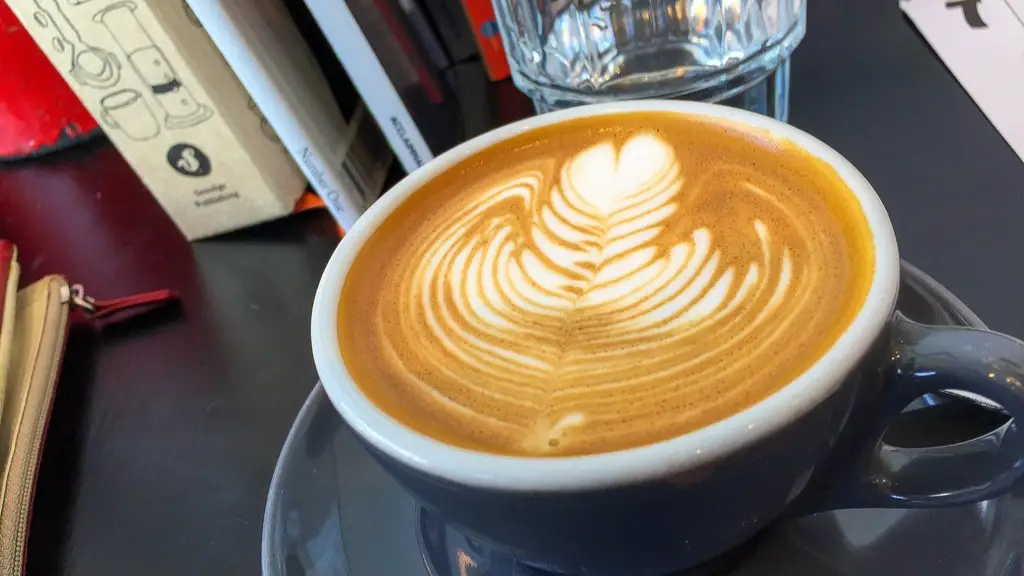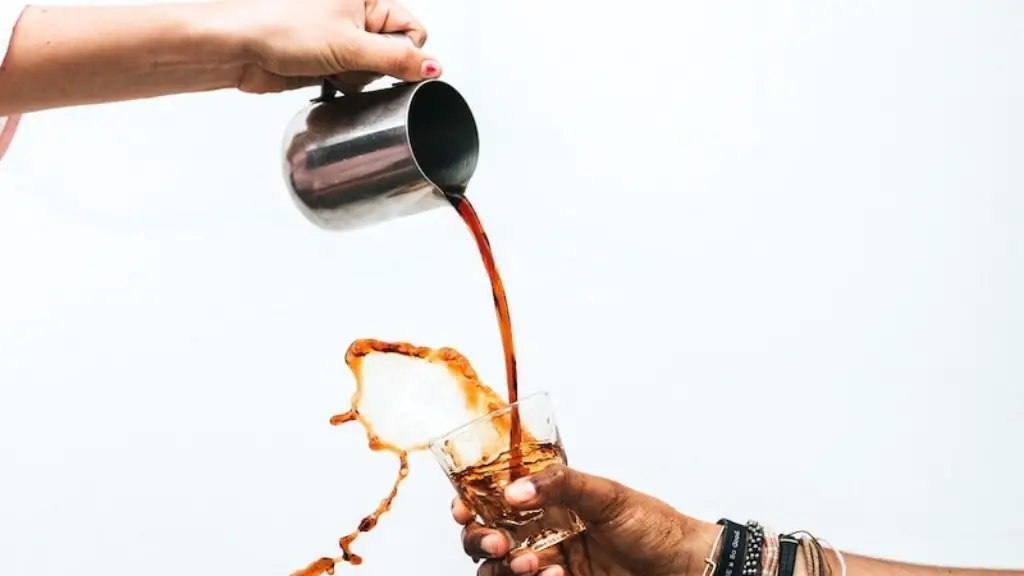What is the Effect of Drinking Coffee and Alcohol Together?
Coffee and alcohol are two of the most widely consumed beverages in the world, but how does their consumption together affect our health? Is it a bad habit to combine caffeine with alcohol, or can it be a better option than consuming only alcohol? This article will explore the potential effects of drinking coffee and alcohol together and provide evidence from experts on the matter.
One of the main concerns with drinking coffee and alcohol together is that the caffeine can mask the sedative effects of alcohol, leading to increased consumption of alcohol and in turn, more severe health risks. Studies have shown that caffeine blocks certain receptors in the brain that are stimulated by alcohol, leading to a feeling of alertness and reduced feelings of drowsiness and drunkenness. This can mean that people end up consuming more alcoholic drinks than they would have had they felt the effects of the alcohol. Research has found that people who consume caffeine with alcohol are more likely to experience drunkenness and impairment, along with increased risks of accidents, hangovers, and health problems.
A study at the University of Buffalo in the US revealed some interesting results about the effects of drinking coffee and alcohol together. Researchers found that people who drank a mixture of coffee and vodka were more likely to report feeling ‘tipsy’ and ‘slightly drunk’ than those who drank only vodka. They also found that subjects who drank the combination were more prone to taking risks and making impulsive decisions.
While this research suggests that drinking coffee and alcohol together can be a risky habit, other studies have shown that combining caffeine with alcohol can also be beneficial in certain contexts. One study conducted at the University of Barcelona in Spain looked at the effects of drinking coffee after consuming alcohol. They found that drinking coffee helped to reduce the differences in reaction times between those who had consumed alcohol versus those who had not. This suggests that combining coffee with drinking might in fact reduce the risks associated with drinking alcohol.
Coffee Quality: An Important Factor To Consider
When considering the potential risks associated with drinking coffee and alcohol together, it’s important to understand that the quality of the coffee you consume is also important. A study conducted by researchers from the Massachusetts Institute of Technology showed that coffee with a higher caffeine content was more likely to induce feelings of intoxication and disorientation than coffee with a lower caffeine content. This means that if you’re going to combine coffee with drinks, it’s important to ensure that the coffee you consume is of the highest quality.
Alcohol Unit Intake and Health Risks
While it may not be advisable to drink alcohol and coffee together, it’s also important to consider how much alcohol you’re consuming when drinking. The UK’s Department Of Health advises that men should not drink more than three to four units of alcohol on any day and women should not drink more than two to three units per day. If you’re planning to drink coffee alongside alcoholic beverages, be sure to stick to the recommended limits in order to reduce the potential health risks associated with excessive drinking.
The Role of Moderation
It’s also worth noting that in some cases, drinking coffee and alcohol together may not be as harmful as it may seem. When drinking in moderation, combining a stimulant like caffeine with alcohol can help to reduce the amount of alcohol consumed. This can lead to less severe symptoms of intoxication, lower hangover risks, and a reduced risk of developing a dependency on alcohol.
Weighing Up the Risks and Benefits
Ultimately, the decision to drink coffee and alcohol together is a personal one and should be made with careful consideration of all the pros and cons. While the evidence suggests that there may be risks associated with combining caffeine with alcohol, it’s important to remember that when consumed in moderation and with the right quality of coffee, the pros may outweigh the cons.
Negative Impact on Performance and Decrease in Cognitive Capacity
Studies have found that consuming caffeine and alcohol together can lead to a decrease in cognitive function, reaction time and accuracy of judgement. A study at the University of California, Davis examined the effects of combining caffeine and alcohol on the performance of a driving simulator. They found that when participants combined caffeine with alcohol their performance was poorer than when they consumed only alcohol. This suggests that consuming caffeine with alcohol can lead to poorer decision making and a greater risk of road accidents.
Risk of caffeine dependency
When drinking coffee and alcohol together, one of the potential risks is that of developing a caffeine dependency. A study conducted by researchers at the University of Wisconsin showed that participants who drank coffee and alcohol together were more likely to report feelings of exhaustion than those who only drank alcohol. This could indicate that consuming caffeine with alcohol can increase the risk of developing a caffeine dependency in the long term.
Effects on Sleep Patterns
The combination of caffeine and alcohol can have negative effects on sleep patterns. Research has shown that consuming caffeine within four hours of sleep can lead to feelings of drowsiness and a harder time falling asleep. When combined with alcohol, this can cause disrupted sleep and increased chances of developing insomnia.
Alternative Beverage Options
One option for reducing the risks associated with drinking coffee and alcohol together is to opt for a different type of beverage such as juice or soda instead. These can provide some of the same stimulating effects but without the potential downsides of caffeine-alcohol combinations.
The Need for Education
Given the potential risks associated with drinking coffee and alcohol together, it’s important for people to be educated about the effects of combining these two substances. Raising awareness of the dangers of combining caffeine and alcohol can help people to make better choices and protect their health.
The Role of Health Professionals
It’s also important that health professionals are aware of the potential risks associated with coffee and alcohol consumption. Health professionals can educate their patients on the effects of combining these two substances and provide advice on ways to reduce the risks.
The Role of Governments
Governments have an important role to play in educating people about the potential dangers of combining caffeine and alcohol. Campaigns and initiatives that raise awareness of the risks of drinking coffee and alcohol together can help to reduce the number of people engaging in this potentially hazardous behaviour.
The Role of Businesses
Businesses that serve coffee and alcohol beverages have an important role to play in reducing the potential risks associated with consuming these substances together. By providing clear information on the content of their drinks, businesses can ensure that consumers are aware of the potential health risks and make more informed choices.



